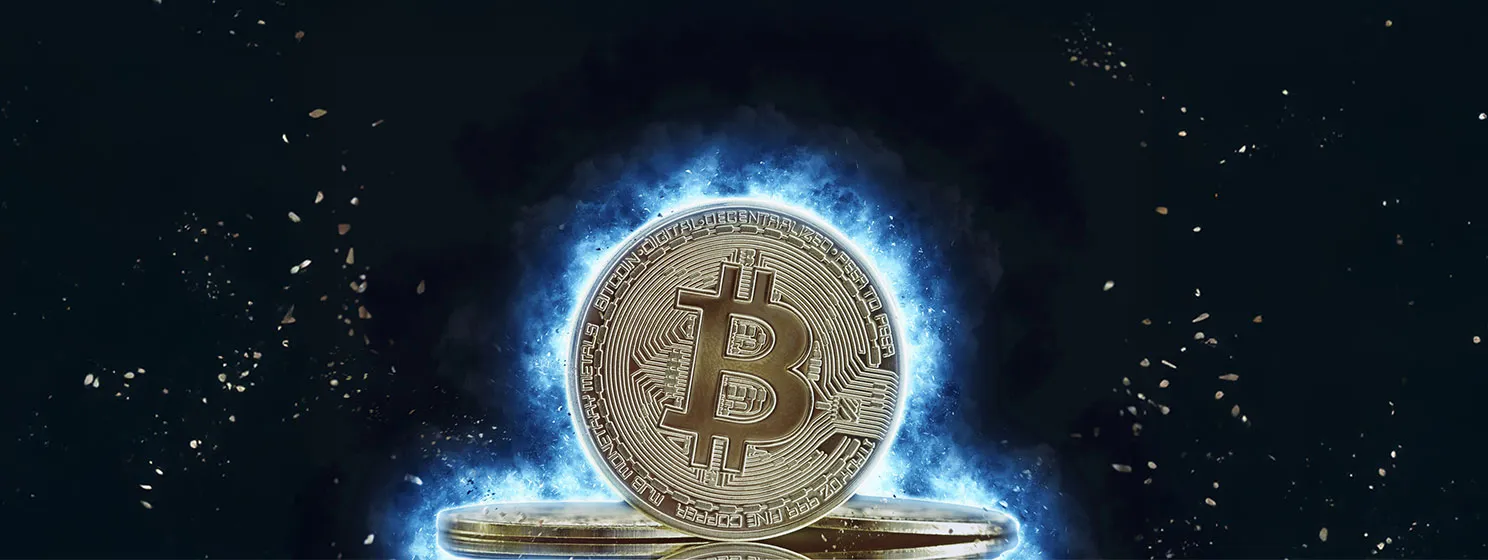|
Getting your Trinity Audio player ready...
|
Lawmakers in the Philippines are weighing how to formulate and implement regulations for the digital asset sector. In a recent Senate committee hearing, lawmakers put to task the country’s top financial regulators on how they have been protecting investors in digital assets and their plans for the future.
The Tuesday hearing by the Committee on Banks, Financial Institutions and Currencies brought together officials from the Bangko Sentral ng Pilipinas (BSP) as well as the Securities and Exchange Commission (SEC), led by SEC Chairman Emilio Benito Aquino. Stakeholders from the digital assets industry, including from exchanges and digital currency-focused law firms, were also present at the hearing.
The Filipino government has been working towards digitizing the payments industry, a BSP official told the attendees. Today, 90% of government disbursements are made digitally. However, the share of digital payments made to the government by ordinary citizens is below 10%, while just 34% of business payments to the government are digital.
On digital assets, it’s the SEC that has been most heavily involved in regulations. However, as Aquino revealed, the commission’s authority is limited to projects that qualify as investment contracts.
The SEC has faced several challenges in its regulation of the sector, Aquino added. These include the anonymous nature of some digital assets and the prevalence of scammers in the sector. He stated that many investors have piled on because of the hype and ended up losing all their money. Citing U.S. SEC Chair Gary Gensler, he summarized the sector as a ‘Wild West.’
Aquino defended the SEC’s jurisdiction over the sector, noting that the securities laws give it the mandate to “promulgate rules for the registration and licensing of innovative and other trading markets or exchanges covering innovative securities.”
The agency regulates the sector in three ways:
- Placement of digital asset-specific licensing regimes.
- Modifications of existing regulations by the addition of digital asset-specific requirements.
- Prohibition of certain digital asset-related activities.
Some other proactive measures it has taken include issuing over 50 advisories in the past five years against scammers posing as digital asset companies. It has also partnered with Google to block some deceitful ads.
One of the best examples of the SEC’s successes in this sector is with Forsage, the chair told the committee. The agency called out Forsage in 2020 as a scam targeting Filipinos and ordered it to cease and desist. A month ago, the U.S. securities regulator charged 11 individuals behind Forsage for the pyramid scheme. Gensler’s agency commended the Filipino SEC for smoking Forsage out and aiding in the investigation, a win for Aquino and his team.
Moving forward, Aquino’s biggest priority is issuing rules for exchange and digital offerings. Conducting a massive investor education campaign and sharing information with the Bureau of Internal Revenue (BIR) are also high on his priority list, he added.
Watch: The BSV Global Blockchain Convention panel, Cybersecurity: A Safer World with Blockchain
https://www.youtube.com/watch?v=X1fXx28nSQ8

 08-04-2025
08-04-2025 





